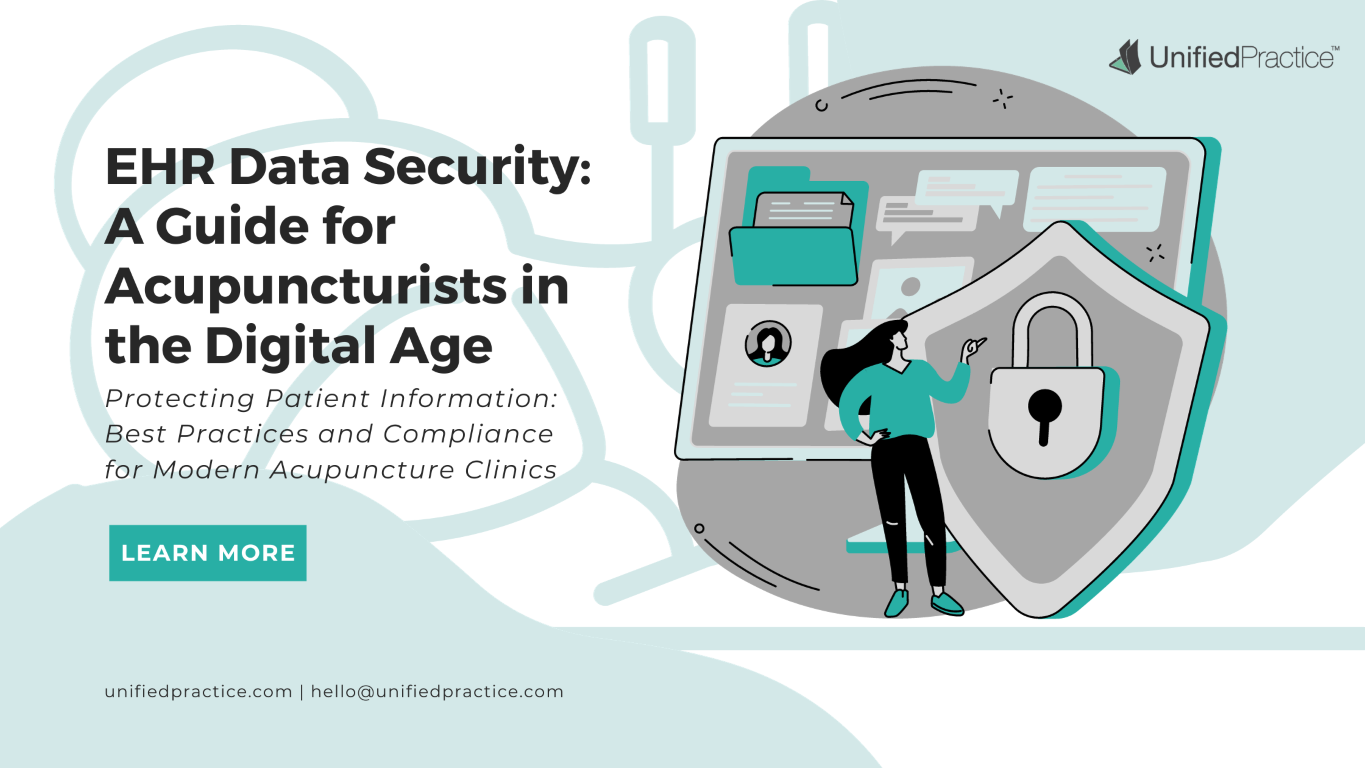It feels like no matter where you look, CBD is there — from coffee beans and bath bombs to dog treats and doctors offices. This cannabinoid also plays an interesting role in Traditional Chinese Medicine (TCM) and has sparked many diverse conversations in acupuncture offices.
CBD might feel new, but it’s been around for quite some time. The cannabis plant (where CBD is derived from) had many important functions in Ancient China, where it was used for over 4,000 years to make paper, bowstrings, medicine, and herbs. Today, cannabis is mainly known for containing psychoactive tetrahydrocannabinol (THC) and non-psychoactive cannabidiol (CBD).
Cannabis, CBD, and THC
Let’s back up a bit. THC and CBD are the two primary cannabinoids that occur naturally in the cannabis sativa plant, which produces both hemp and marijuana. CBD is extracted from the plant to create oil, which is then processed into a range of infused products, like soaps, salves, and chocolate.
Unlike THC, CBD does not have any psychoactive properties and is generally safe to use. However, CBD is not regulated by the Food and Drug Administration, which means consumers can’t be 100 percent certain CBD products contain what their labels say.

The Endocannabinoid System
When someone ingests CBD, it’s not the oil itself that creates potential health benefits. Instead, the cannabinoid enables the endocannabinoid system (ECS) to operate more effectively. (1)
We don’t have a full picture of what the ECS does, but we do know it helps promote balance in the body, affecting everything from sleep and appetite to pain, memory, and mood (sound familiar, practitioners?). (2) In other words, the ECS regulates balance across the major body systems to ensure everything works in harmony.
Scientists discovered the endocannabinoid system in the 1990s when they were trying to understand how THC affects the body. While conducting research, they found a complex network of cannabinoid receptors (CBr) in cells within the central and peripheral nervous system. (3)
Here’s a breakdown of these receptors, CB1 and CB2: (4)
- CB1: This receptor is located in the brain, central nervous system, lungs, liver, kidneys, and reproductive organs. These are the receptors that interact with THC to cause someone to experience a psychoactive high
- CB2. The cannabinoid receptor type 2 is found throughout the immune system and related organs, such as tissues of the spleen. CB2 stimulates a response that fights inflammation to help reduce pain and tissue damage
Where Does CBD Fit In?
Our body naturally produces cannabinoids which interact with the receptors to maintain balance throughout major body systems. However, external substances like TCH and CBD oil can also stimulate the CB1 and CB2 receptors, respectively. (5)
Moreover, various studies are finding great promise in using CBD to treat aches and illness, such as central and peripheral neuropathic pain, rheumatoid arthritis, and cancer pain. (6) Others show positive effects of CBD when treating anxiety disorders, while a small but growing body of scientific research provides support for CBD as a sleep aid. (7) A recent study, for example, suggests CBD might help people with short-term sleep problems. (8)

In Harmony: CBD and Acupuncture
When placed side-by-side, there are some interesting connections between acupuncture and CBD use. Like CBD, acupuncture appears to stimulate the body in order to regulate and optimize major body systems, including the ECS. (9)
The research is scarce, but some experts say that when CBD and acupuncture are used in combination, the endocannabinoid system gets a one-two punch of positive stimulation, boosting beneficial health outcomes even more.
The Bottom Line
The conversation around CBD in TCM is ever-evolving. Currently, many practitioners who are interested in or using CBD are faced with certain challenges, such as proper dosages for various patients and ailments and which brands are best for safety and effectiveness.
While there are many emerging studies showing signs of CBD’s health benefits, research is limited on its long-term effects. It will be interesting to see what the research says in the coming months and years, along with how CBD continues to be integrated into TCM and acupuncture practices.
Disclaimer: The content on Unified Practice is meant to be informative in nature, but it shouldn’t be taken as medical advice, and it shouldn’t take the place of medical advice and supervision from a trained professional. We understand that CBD has various effects on all individuals.
Psst: If you’re a TCM practitioner interested in learning more about our integrated practice management solution, get started here.
References
- Cannabinoid Receptors and the Endocannabinoid System: Signaling and Function in the Central Nervous System (Pubmed)
- Endocannabinoids in nervous system health and disease: the big picture in a nutshell (Pubmed)
- Cannabinoid pharmacology: the first 66 years (Pubmed)
- Cannabinoid receptors: where they are and what they do (Pubmed)
- Review of the neurological benefits of phytocannabinoids (Pubmed)
- Cannabinoids in the management of difficult to treat pain (Pubmed)
- Cannabidiol as a Potential Treatment for Anxiety Disorders (Pubmed)
- Cannabidiol in Anxiety and Sleep: A Large Case Series (Pubmed)
- The endocannabinoid system, a novel and key participant in acupuncture’s multiple beneficial effects. (Pubmed)




